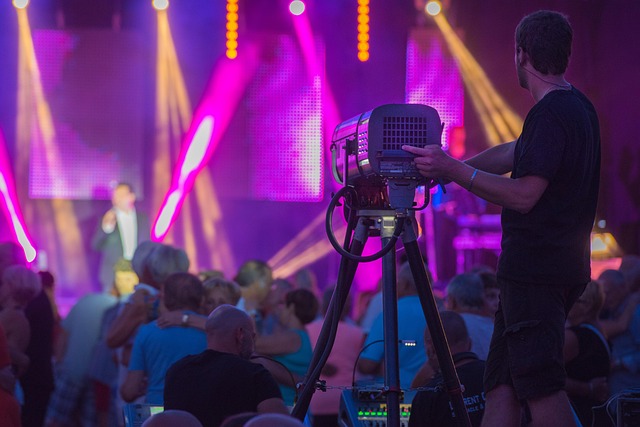The entertainment industry often feels like a well-oiled machine, churning out blockbuster films, chart-topping hits, and wildly popular concerts. While there’s no denying the appeal of these mainstream spectacles, there exists a charming and peculiar alternative that invites audiences to step outside their comfort zones: absurd theater. This genre defies conventional storytelling and embraces the bizarre, challenging our perceptions of reality and entertainment itself.
Absurd theater first emerged in the mid-20th century, gaining traction as artists sought to reflect the dissonance of a post-war world. Playwrights like Samuel Beckett and Eugène Ionesco introduced audiences to worlds where logic seemed to evaporate, replaced by nonsensical dialogue and surreal situations. Attending an absurd theater performance is akin to entering a parallel universe, where the ordinary is dismantled and reconstructed in hilarious yet unsettling ways. The brilliance of this genre lies in its ability to elicit laughter and contemplation simultaneously—much like a favorite song or a memorable concert.
In a landscape dominated by polished productions and cookie-cutter narratives, absurd theater acts as a refreshing counterbalance. Festivals dedicated to avant-garde and experimental performances often feature absurdist pieces, inviting patrons to embrace the unexpected. These gatherings offer vibrant atmospheres, encouraging participants to engage in dialogues about the meaning—if there is any—behind the chaotic performances. Imagine the thrill of attending a festival where the line between reality and absurdity blurs, similar to the exhilaration felt at a music festival where every note resonates with raw authenticity.
Absurd theater also reminds us of the power of creativity in an industry that sometimes seems formulaic. In a world of sequels and franchises, it’s invigorating to witness a performance that dares to eschew conventional expectations. The disjointed narratives, the absurd characters—each aspect serves as a commentary on modern society, reflecting the absurdities we often overlook in our daily lives. Like a quirky indie film that challenges the norms of mainstream cinema, absurd theater captivates audiences by presenting a new lens through which to examine familiar themes.
For those seeking to explore the nuances of human experience, absurd theater opened up a dialogue seldom addressed in more traditional forms. It pushes artists to explore the fringes of creativity, much like a daring musician who experiments with genres or an independent filmmaker who subverts conventional tropes. This willingness to take risks allows performers to delve into the intricacies of human behavior and the comedic tragedy of life’s most confusing moments—often leaving the audience in fits of laughter and deep reflection.
In the whirlwind of modern entertainment, from stadium concerts to sprawling cinematic releases, absurd theater stands out as a beacon for those craving something distinctively different. It challenges us to peel back the layers of our existence, questioning the absurdities that often go unnoticed. Whether you’re a seasoned theatergoer or someone who usually gravitates towards big-budget productions, embracing the quirks of absurd theater may provide you with a fresh perspective that enriches your appreciation of the arts.
So, the next time you find yourself overwhelmed by the mainstream noise, consider taking a detour into the world of absurd theater. It’s not just a performance; it’s an experience, an invitation to explore the delightful chaos of life—and perhaps, just perhaps, find a new way to understand our complex existence through laughter and creativity.


